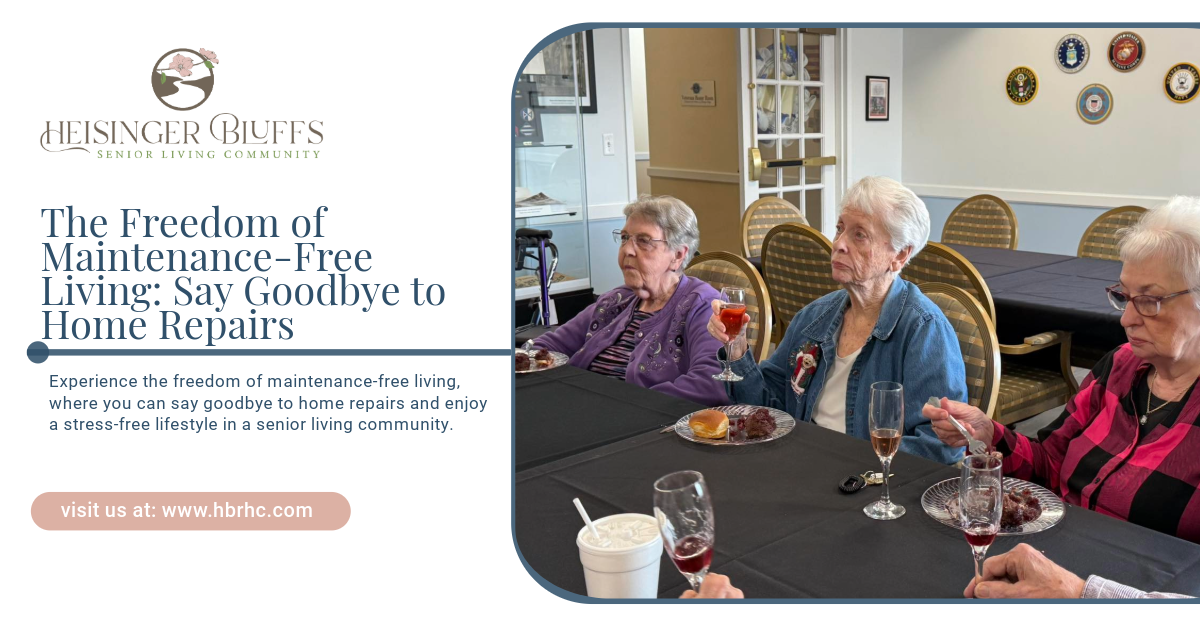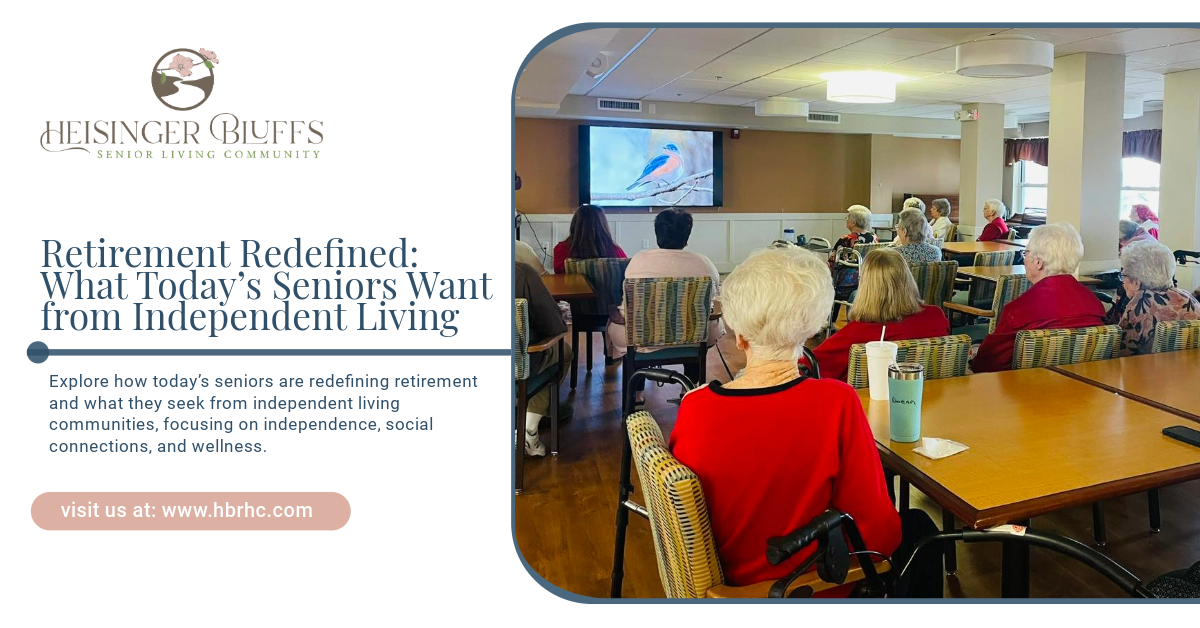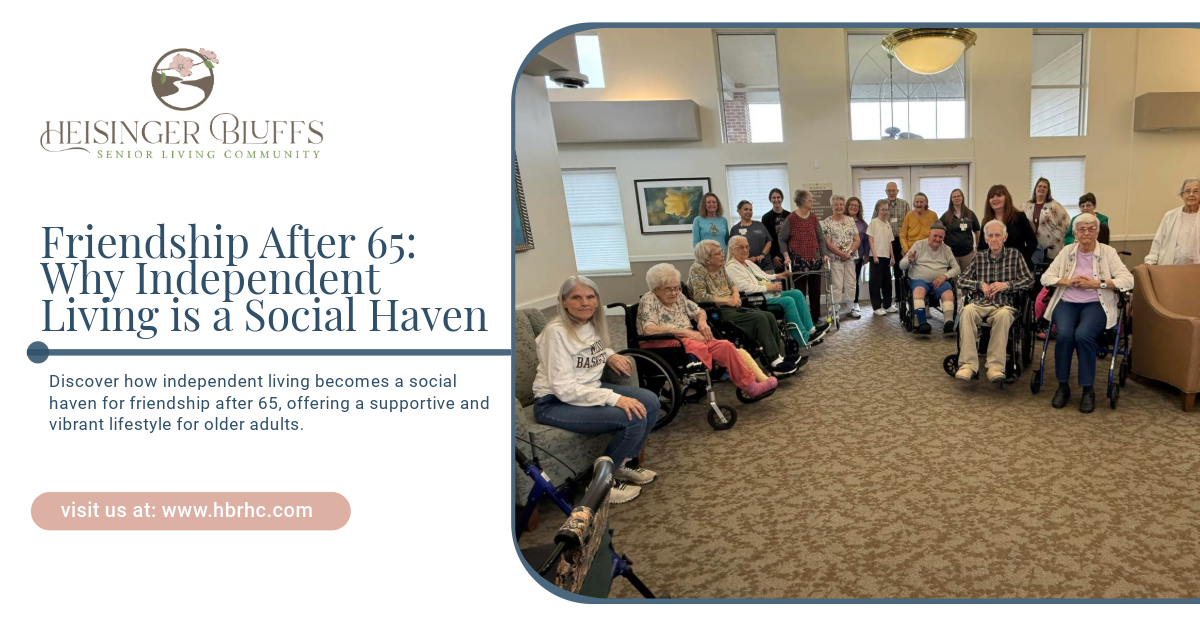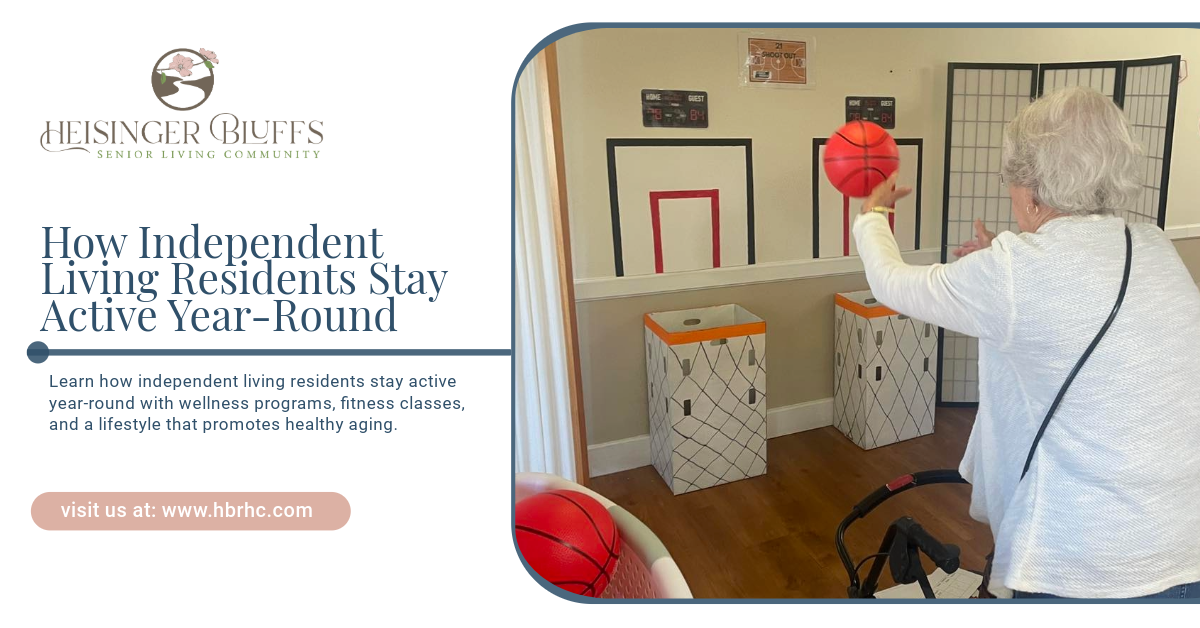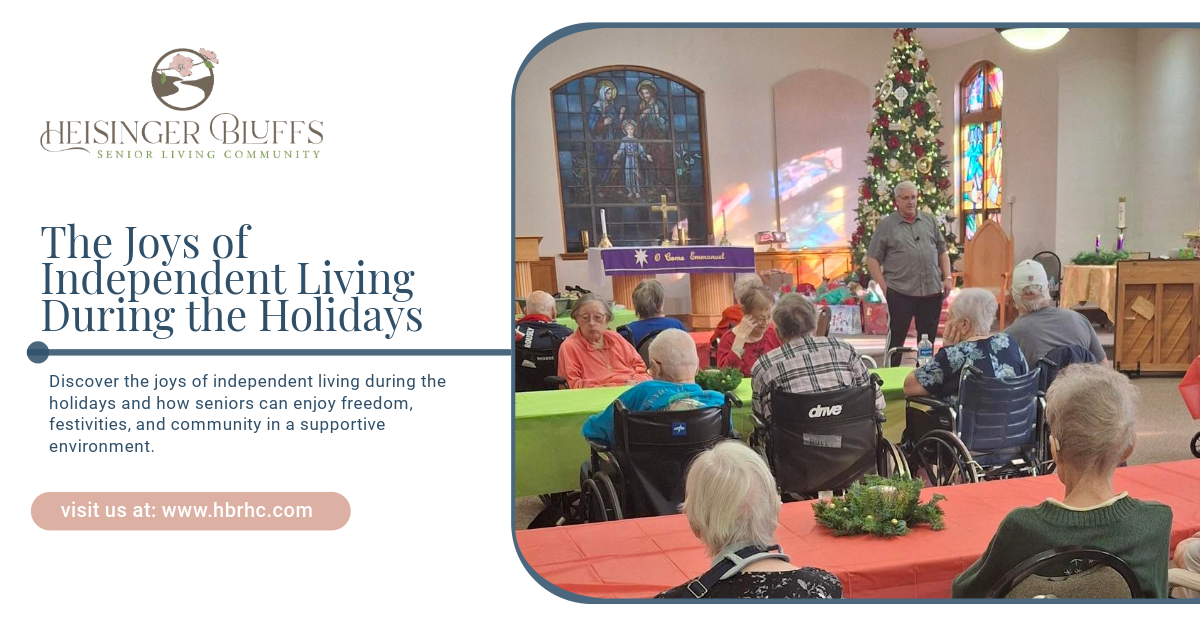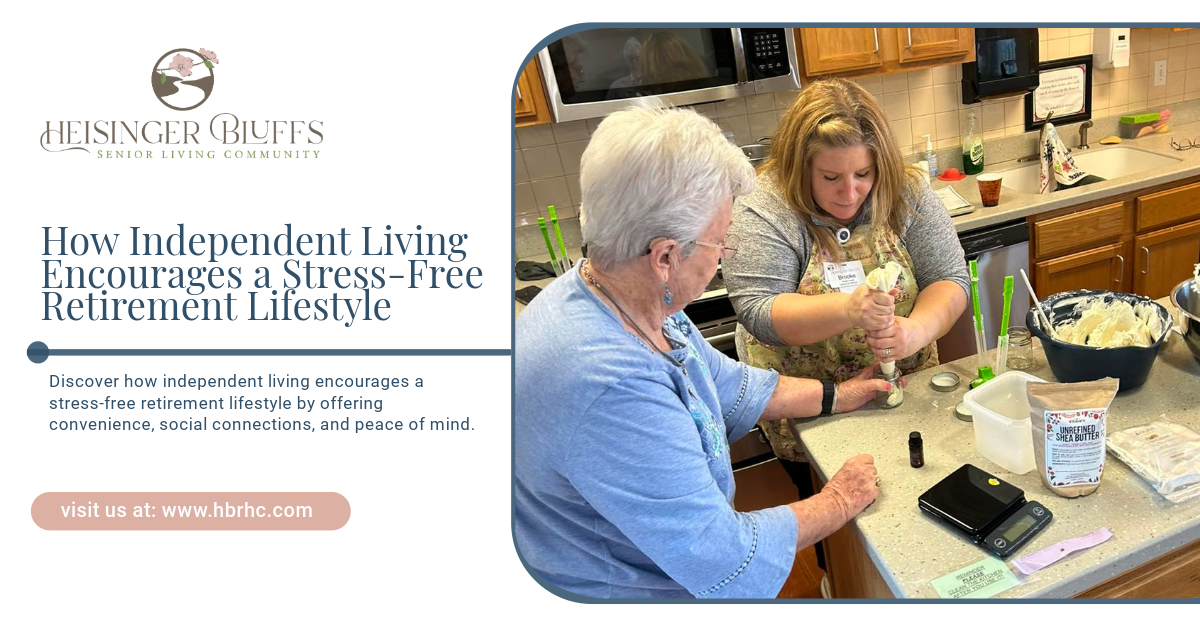Get in touch
Recognizing the Signs: When is it Time for Memory Care
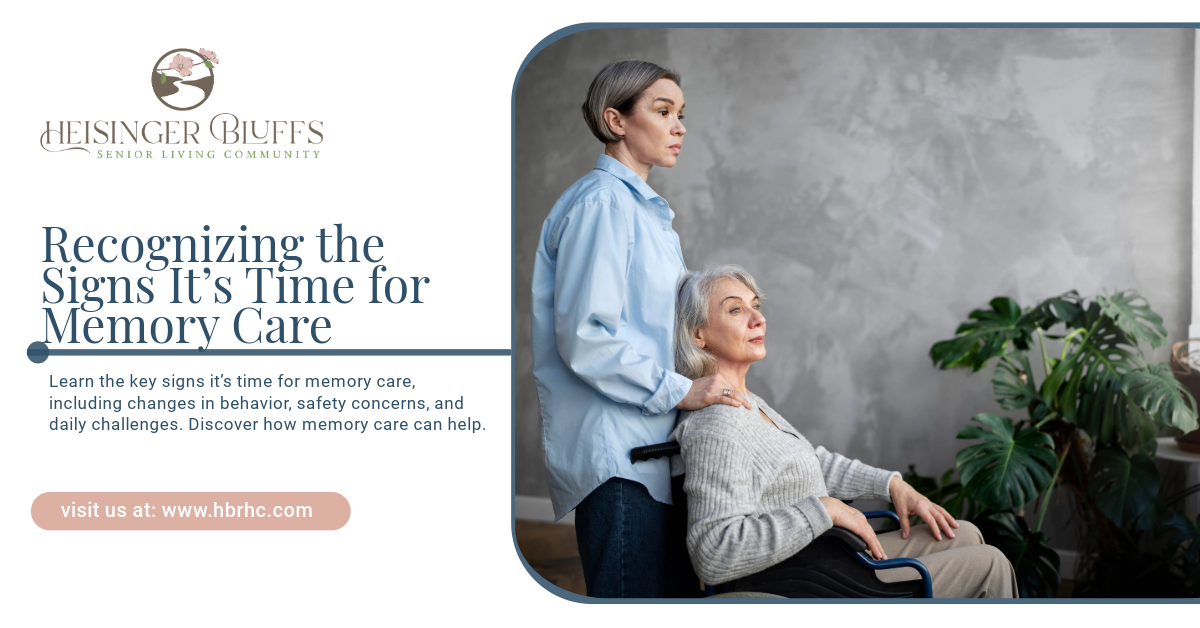
As our loved ones age, changes in memory and cognition can become increasingly noticeable. While occasional forgetfulness is often a normal part of aging, more severe cognitive challenges may indicate the need for specialized support like memory care. Recognizing when it’s time for this transition is crucial to ensuring safety, quality of life, and peace of mind.
In this guide, we’ll explore the key signs that indicate it may be time to consider memory care for your loved one.
Understanding Memory Care
Memory care is a specialized type of senior living designed to support individuals with Alzheimer’s disease, dementia, or other memory-related conditions. Unlike traditional assisted living, memory care communities provide tailored environments, structured routines, and trained staff to address the unique needs of those with cognitive impairments.
Key Signs It’s Time for Memory Care
1. Safety Concerns
One of the most significant indicators is the increasing safety risk to your loved one. Common safety concerns include:
- Wandering: A loved one may wander off, becoming lost or disoriented.
- Falls: Difficulty navigating the home may lead to frequent falls.
- Accidents: Forgetting to turn off the stove or leaving doors unlocked can create hazardous situations.
2. Difficulty with Daily Tasks
Struggling with activities of daily living (ADLs) like dressing, bathing, or cooking is another sign. When these tasks become overwhelming or neglected, it may be time to seek help.
3. Memory Loss That Affects Daily Life
Memory loss goes beyond misplacing keys; it begins to impact everyday functioning, such as:
- Forgetting names of close family members
- Repeatedly asking the same questions
- Forgetting to take medications or taking them incorrectly
4. Changes in Behavior and Personality
Alzheimer’s and other forms of dementia can lead to significant shifts in behavior, including:
- Increased agitation or aggression
- Depression or withdrawal from activities they once enjoyed
- Suspicion or paranoia
5. Caregiver Burnout
If you’re providing care, consider your own well-being. Burnout, stress, and physical exhaustion can compromise your ability to provide quality care. Memory care offers a supportive solution for both you and your loved one.
6. Disorganized Living Spaces
An unkempt or cluttered home may indicate difficulty managing household responsibilities. This can include unopened mail, spoiled food, or unpaid bills piling up.
7. Neglecting Personal Hygiene
Declines in grooming and hygiene habits, such as wearing the same clothes repeatedly or skipping showers, may signal deeper cognitive challenges.
Benefits of Memory Care
Transitioning to memory care offers numerous benefits:
- Specialized Support: Staff trained in dementia care provide personalized assistance.
- Safe Environment: Memory care communities are designed to prevent wandering and ensure safety.
- Engaging Activities: Programs promote cognitive stimulation, physical activity, and social interaction.
- Stress Relief for Families: Families gain peace of mind knowing their loved ones are in capable hands.
How to Start the Conversation
Discussing the transition to memory care can be emotional, but approaching the topic with sensitivity can ease the process. Here’s how to begin:
- Choose the Right Time: Select a calm, stress-free moment to have the conversation.
- Focus on Needs: Emphasize how memory care can improve quality of life.
- Include Your Loved One: When possible, involve them in the decision-making process.
Steps to Transition to Memory Care
- Evaluate Needs: Consult a doctor or memory care specialist for a professional assessment.
- Tour Communities: Visit memory care communities to find the best fit for your loved one.
- Plan the Move: Prepare a smooth transition by familiarizing your loved one with the new environment.
Conclusion
Transitioning to memory care is a big step, but it can be the right choice for ensuring your loved one’s safety and quality of life. If you’re considering memory care, Heisinger Bluffs offers compassionate, specialized support tailored to your loved one’s needs. Contact us today to learn more or schedule a tour.
Frequently Asked Questions
What is the difference between memory care and assisted living?
Memory care offers specialized support for individuals with cognitive impairments, while assisted living primarily focuses on general assistance with daily activities. Memory care includes trained staff, secured environments, and tailored programs for dementia-related conditions.
When should I consider memory care over home care?
If safety, caregiver burnout, or your loved one’s needs surpass what home care can provide, memory care may be a better option. Its structured environment ensures consistent and professional support.
How can I prepare my loved one for the move to memory care?
Preparation includes discussing the transition, involving them in choices when possible, and gradually introducing them to the new community. Familiar items from home can help ease the adjustment.



Want to know more?
We will get back to you as soon as possible.
Please try again later.
You May Also Like To Read
Heisinger Bluff’s Life Plan Community is here to make your senior years safe, stimulating and enjoyable so that you can savor the present, knowing the future will be taken care of.
QUICK LINKS
CONTACT
©2024. Heisinger Bluffs. All rights reserved.


